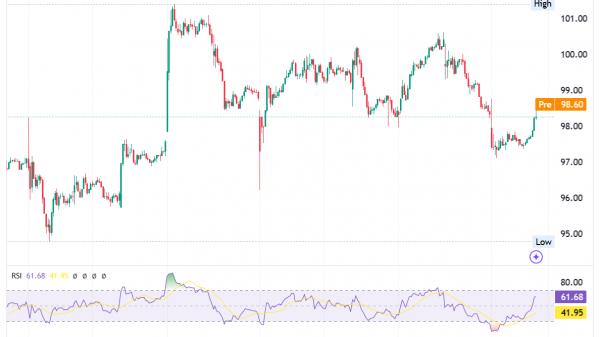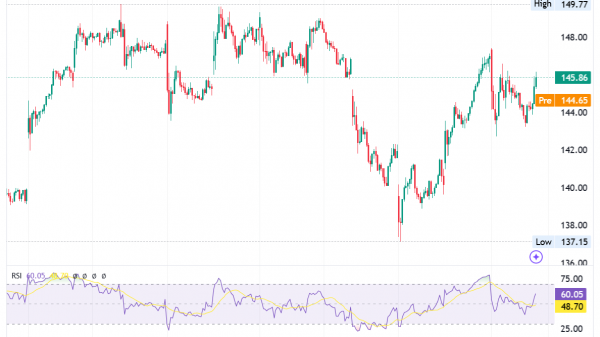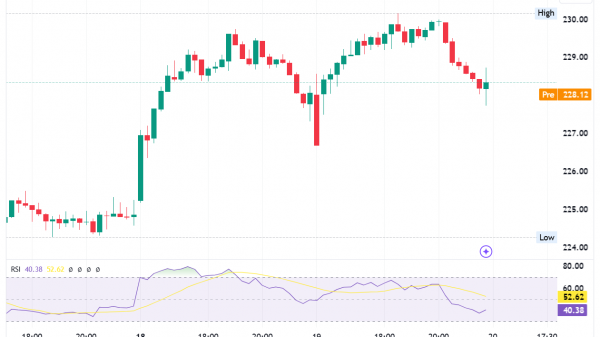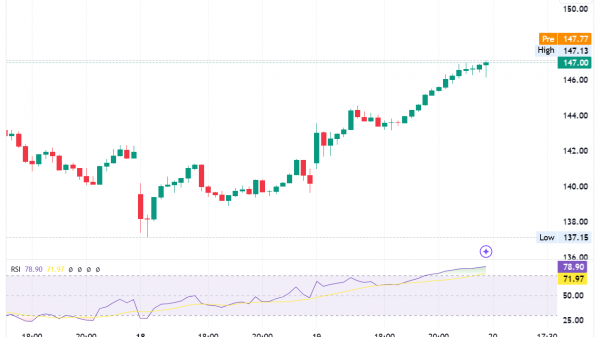Millions more Americans could become eligible for overtime pay.
The Biden-Harris administration announced a final rule Tuesday that raises the minimum salary threshold to qualify for time-and-a-half pay after 40 hours of work in a week.
Proponents say the new limit will mean lower-paid workers are fairly compensated for long hours, and business groups are expected to legally challenge it.
Here’s what to know:
Starting July 1, 2024, people earning less than $43,888 per year, or $844 per week, would be eligible for overtime pay.
By Jan. 1, 2025, that salary threshold would increase to $58,656 per year, or $1,128 per week.
The rule also includes automatic increases to that salary eligibility level every three years, starting in 2027, to keep pace with the changing labor market and wages.
The current salary threshold to qualify for overtime pay is $35,568 per year based on a limit set by the Trump administration in 2019 — the first increase since 2004.
Proponents say the new rule will ensure people, particularly in lower-paid roles, get paid for their time if they work longer than a traditional workweek.
“Too often, lower-paid salaried workers are doing the same job as their hourly counterparts but are spending more time away from their families for no additional pay,” Acting Secretary of Labor Julie Su said in a press release.
It could also cause businesses to adjust their procedures so people work fewer overtime hours, giving employees more time back.
Overtime pay protections in the Fair Labor Standards Act say almost all hourly workers qualify for 1.5 times their pay after 40 hours worked in a week. The new Labor Department rule applies to salaried workers under a certain salary level.
The overtime boost is expected to affect 4.3 million workers, 56% of whom are women and 24% of whom are workers of color, according to the left-leaning Economic Policy Institute.
Most workers affected are employed in professional and business services, health care and social services, and financial activities.
Roughly 15% of salaried workers are currently entitled to overtime pay, and that will roughly double under the new salary limits. However, it’s far lower than the 60% of salaried workers who were entitled to overtime pay in the 1970s, per the EPI.
Since then, the threshold has not kept pace with wage growth, experts say.
Separately, the Federal Trade Commission issued a final rule Tuesday banning noncompete clauses, which proponents say will promote job-switching, higher wages, new businesses and innovation.
A noncompete agreement is a contract where an employee agrees to not join or launch a competitor after leaving a company. The FTC estimates 30 million, or 18%, of U.S. workers are currently subject to a noncompete.
The agency estimates the change will increase the average worker’s earnings by $524 per year, lower health-care costs by up to $194 billion over the next decade and lead to a 2.7% bump in startups, or roughly 8,500 new businesses per year.
The rule will become effective 120 days after being published in the Federal Register, though business groups are expected to challenge it.

































